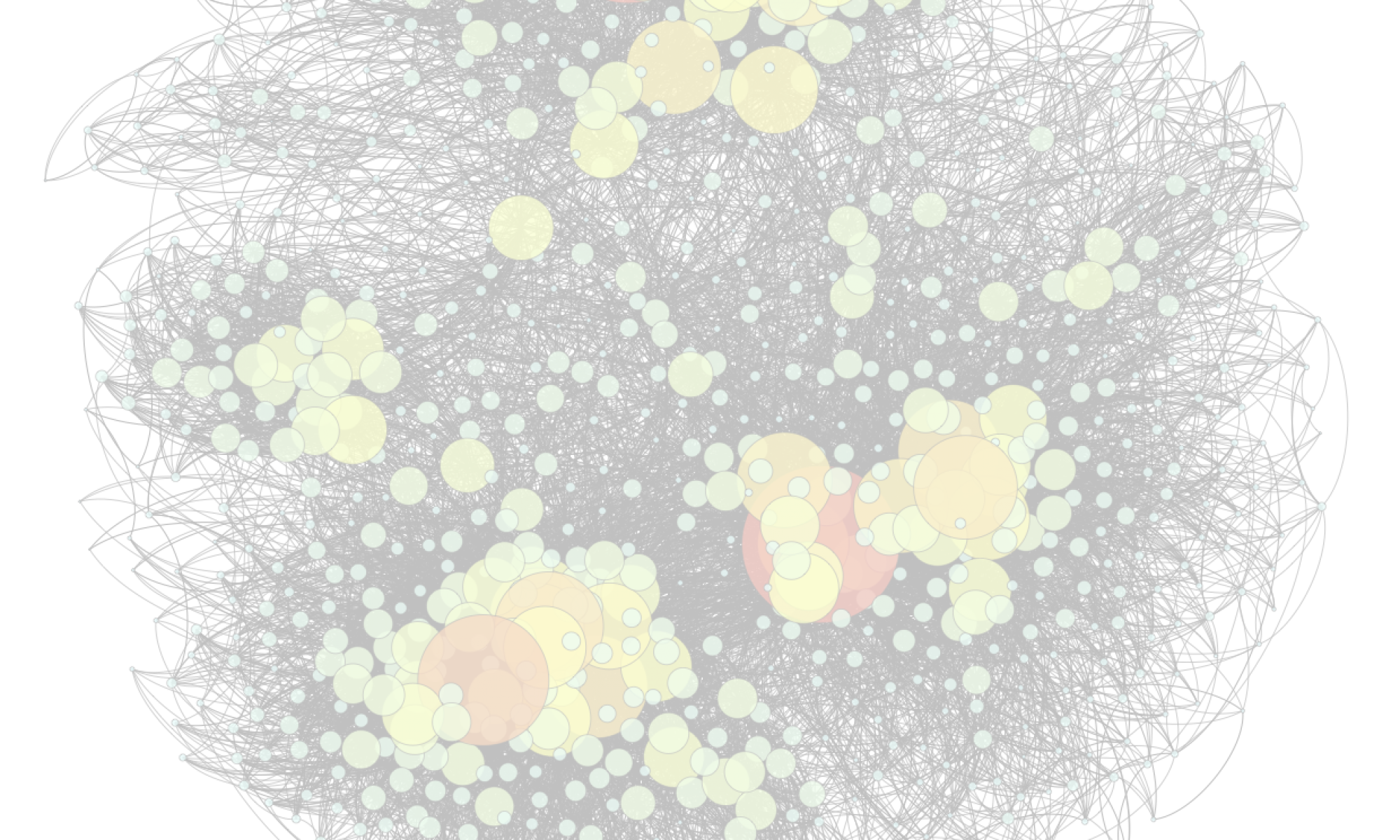Simon Coumes
Contextual knowledge representation for neurosymbolic Artificial Intelligence reasoning
The field of Knowledge Representation and Reasoning is concerned with the representation of information about reality in a form that is both human-readable and machine-processable. It has been a part of artificial intelligence since its inception, and has produced many important formalisms and systems. One key aspect of knowledge is the context in which it is expressed. This has been identified early on in the field and matches with our common experience: understanding a statement or judging its validity often require to know in what context it was meant. Historically, there has been some work aiming at producing logics implementing a general notion of context. None of them saw a lot of adoption, in part because they lack either sufficient expressive power or because they were not sufficiently usable.
This dissertation presents Qiana, a logic of context powerful enough for almost all types of context representation. It is also compatible with various automated reasoning tools, as is demonstrated by the code provided which allows automated reasoning with Qiana. This makes use of the pre-existing theorem prover Vampire — though any other compatible prover can freely be used instead. By providing a powerful logic for context representation with the possibility of concrete computations without (much) overhead, Qiana paves the way for larger prevalence of logics of context, making it possible to build other reasoning on top of such logics like has been done –for example– for epistemic logics or description logics.
